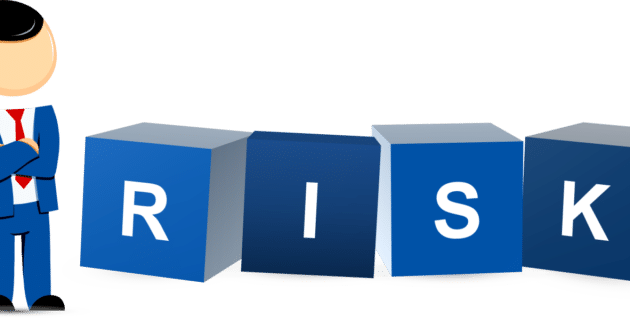What is Home Equity?
Home equity is the difference between your home’s market value and the amount you still owe on your mortgage. It represents the portion of your home that you truly own and can be a valuable financial asset. Homeowners can leverage home equity for various financial needs, such as funding home improvements, consolidating debt, or securing a loan.
How to Build Home Equity

Making Regular Mortgage Payments
Each mortgage payment reduces the principal balance, gradually increasing home equity. By consistently making payments on time, homeowners can steadily build equity.
Increasing Property Value
The market value of a home significantly impacts equity. Investing in home renovations, upgrades, and landscaping can boost a property’s value, thereby increasing home equity.
Making Extra Payments
Making additional mortgage payments or paying more than the minimum amount can accelerate equity growth. A biweekly payment schedule instead of a monthly one can help reduce the mortgage principal faster.
Refinancing to a Shorter Loan Term
Switching from a 30-year mortgage to a 15-year mortgage results in higher monthly payments but faster home equity accumulation. Shorter loan terms typically come with lower interest rates, benefiting the homeowner.
Market Appreciation
Real estate markets fluctuate, and a rise in property values increases home equity. Staying informed about local market trends helps homeowners understand their property’s appreciation potential.
How to Use Home Equity Wisely

Home Equity Loan
A home equity loan allows homeowners to borrow a lump sum against their home’s equity. It has a fixed interest rate and is suitable for large expenses like home renovations or debt consolidation.
Home Equity Line of Credit (HELOC)
A HELOC provides a flexible credit line that can be drawn as needed. It has a variable interest rate and works similarly to a credit card, making it a great option for ongoing expenses.
Cash-Out Refinancing
Cash-out refinancing involves replacing an existing mortgage with a new one for a higher amount, allowing homeowners to receive the difference in cash. This option is useful for funding major expenses but comes with new loan terms.
Using Home Equity for Investments
Home equity can be used to invest in rental properties, stocks, or business ventures. However, it’s essential to weigh the risks and returns before leveraging home equity for investment purposes.
Debt Consolidation
Homeowners can use home equity to consolidate high-interest debt, such as credit card balances, into a single lower-interest loan. This approach helps in managing finances more effectively
Risks of Using Home Equity

Risk of Foreclosure
Using home equity as collateral means failure to repay can lead to foreclosure. Homeowners should ensure they can manage loan payments before borrowing.
Market Fluctuations
A decline in home values can reduce equity, potentially leaving homeowners owing more than their home is worth. Being mindful of market trends is essential.
Additional Debt Burden
Borrowing against home equity increases financial obligations. Homeowners should have a solid repayment plan to avoid financial strain.
Also Read : What Are Interest-Only Loans for Homes and How Do They Work?
Conclusion
Home equity is a powerful financial tool that, when managed wisely, can provide homeowners with financial flexibility and security. Building home equity requires consistent mortgage payments, property value appreciation, and smart financial decisions. Using it wisely for home improvements, investments, or debt consolidation can be beneficial, but it is crucial to assess risks and repayment capacity before leveraging this asset.
FAQs
1. How long does it take to build home equity? It depends on mortgage payments, market conditions, and property appreciation. Typically, equity builds over several years with consistent payments.
2. Can I lose my home if I use home equity? Yes, if you fail to repay loans taken against home equity, foreclosure is a risk.
3. What is the difference between a home equity loan and a HELOC? A home equity loan provides a lump sum with fixed interest, while a HELOC offers a flexible credit line with variable interest.
4. How much home equity do I need to borrow against it? Lenders typically require homeowners to have at least 15-20% equity before they qualify for home equity loans or HELOCs.
5. Is using home equity for investments a good idea? It depends on the investment’s risk and return potential. Consulting a financial advisor before using home equity for investments is advisable.